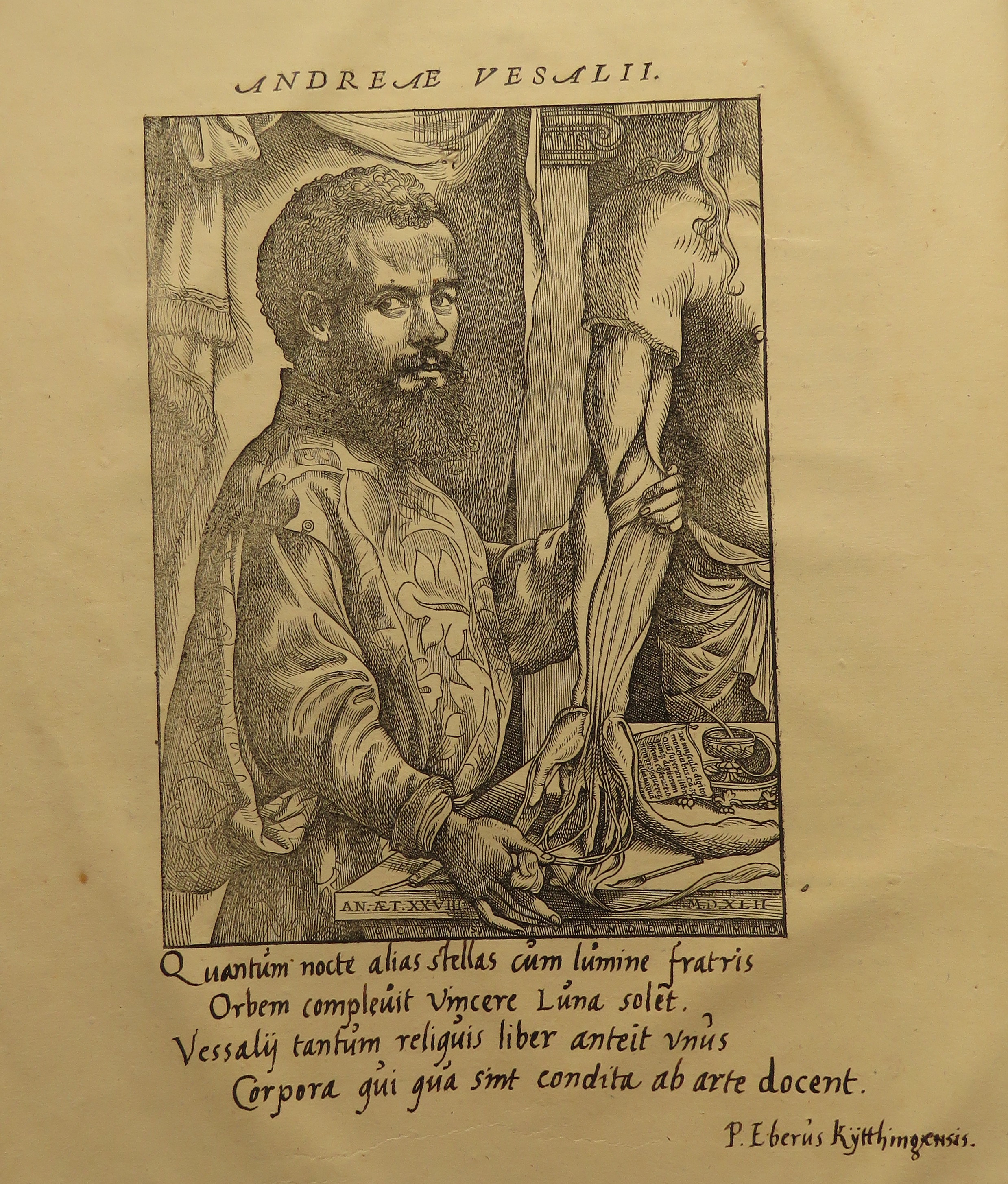Fabrica of Pécs
DOI:
https://doi.org/10.15170/PAAA.2018.05.01.09Keywords:
cultural history, history of books, science history, medical science, Klimo Library, Andreas Vesalius, De humani corporis fabricaAbstract
This article provides information on a copy of the 1543 edition of Andreas Vesalius’ De humani corporis fabrica, preserved at the Klimo Library of the University of Pécs. This copy helps us understand the complex reception of Andreas Vesalius’ groundbreaking anatomical work amongst Lutherans in the sixteenth century, and shows the importance of the University of Wittenberg, and Philipp Melanchthon, in shaping anatomical knowledge in Germanic lands. It also documents the tight connections between Wittenberg and the University of Padova, and reveals the continuing importance of Ancient learning for physicians working in the wake of the Vesalian revolution.
Downloads

Downloads
Published
How to Cite
Issue
Section
License

This work is licensed under a Creative Commons Attribution-NonCommercial-NoDerivatives 4.0 International License.

